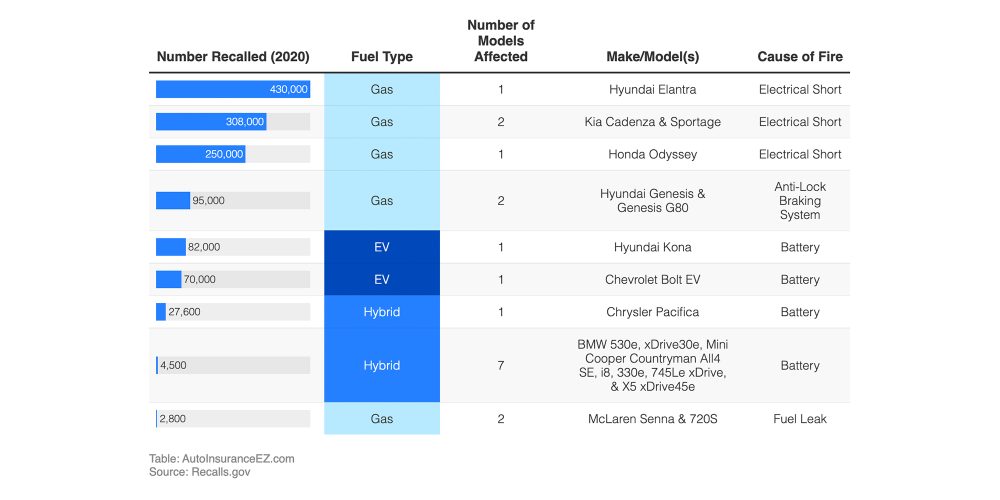That's a dishonest comparison.
How about an endurance race where a real car competes against an electric car, where the electric car is charged with a gasoline-fueled generator, and not allowed to use any other source, and both are limited to the same total amount of gasoline? Same amount of fuel, same amount of energy; which car will go faster and farther?
Once again, the ICE by a country mile.


